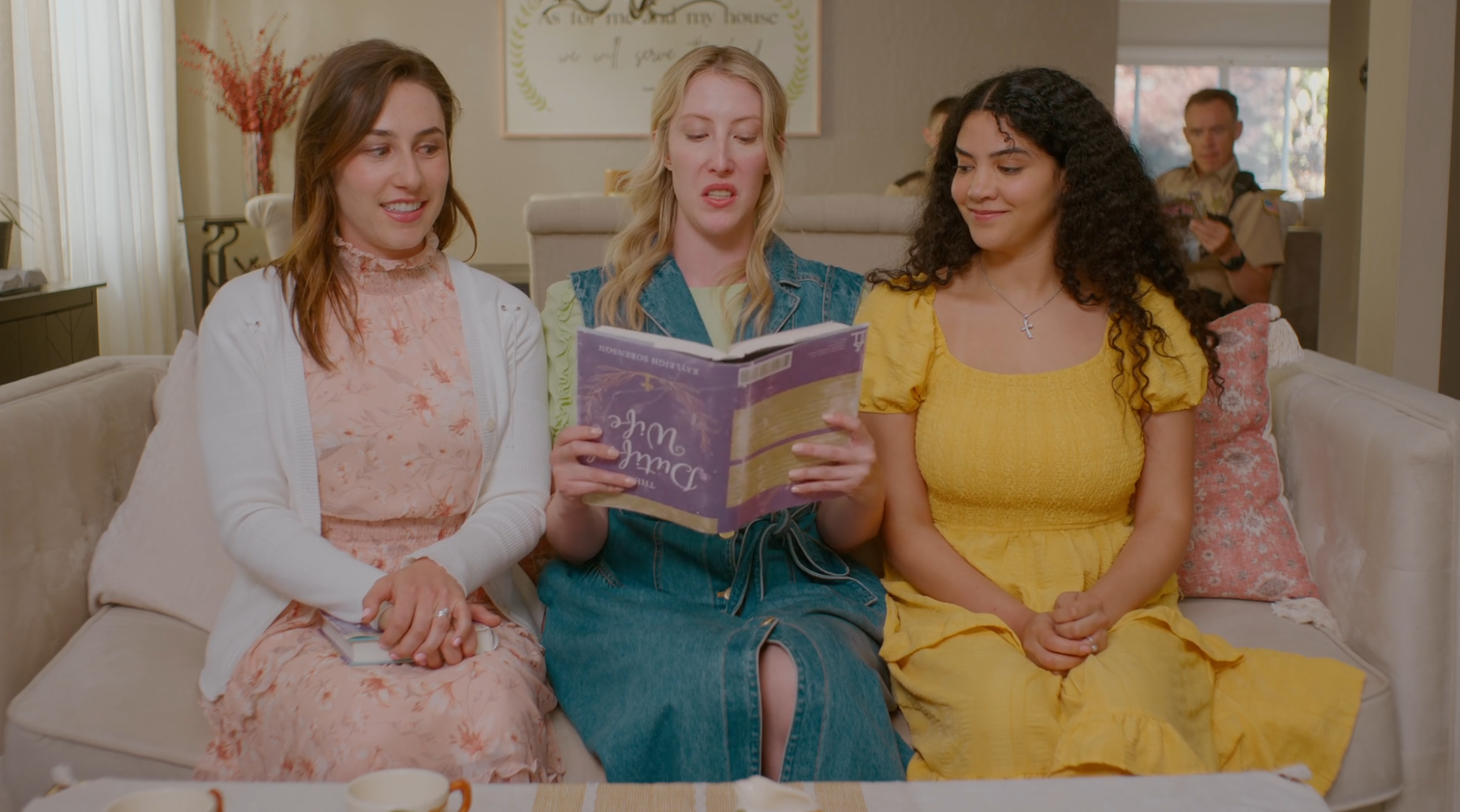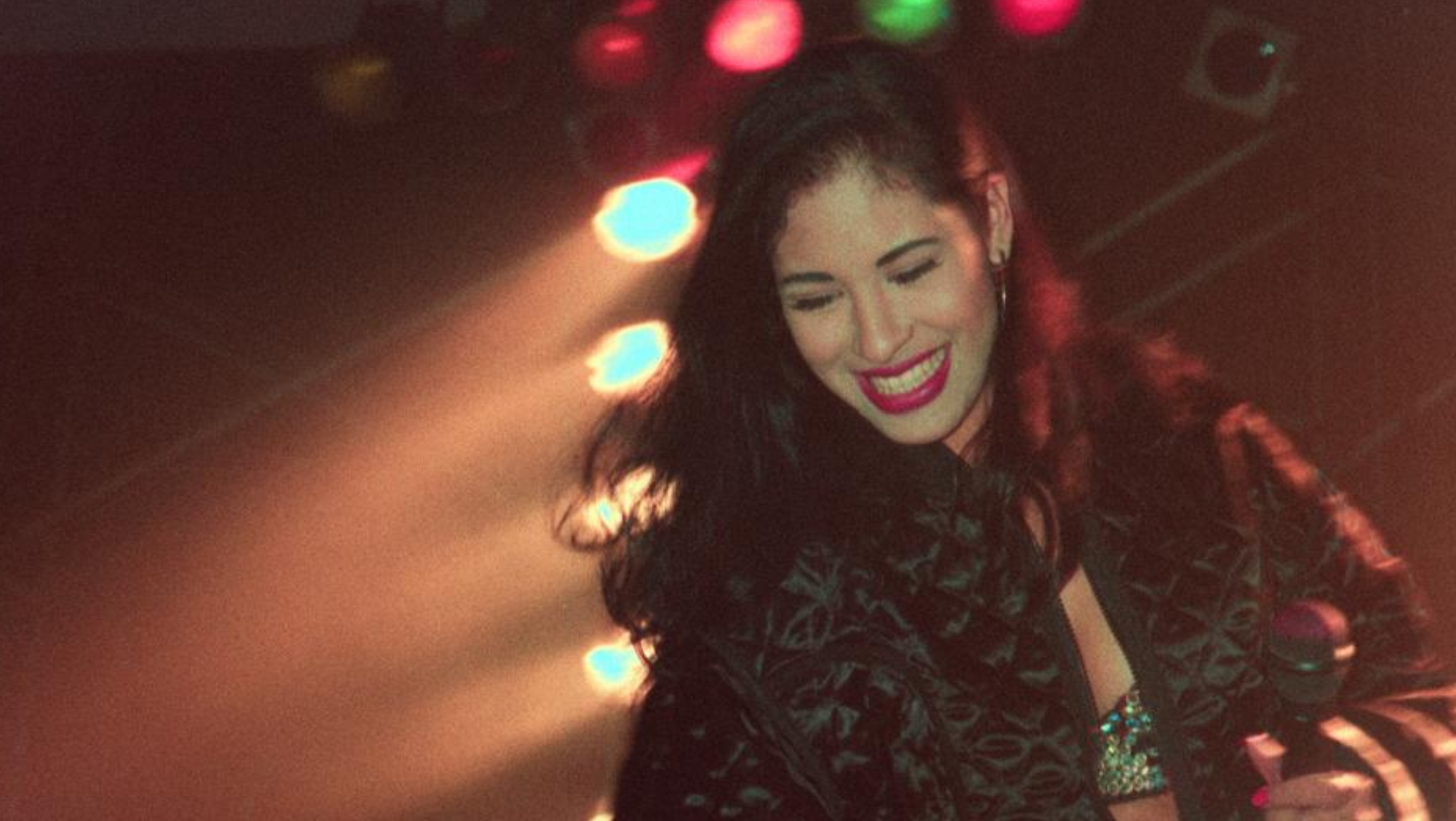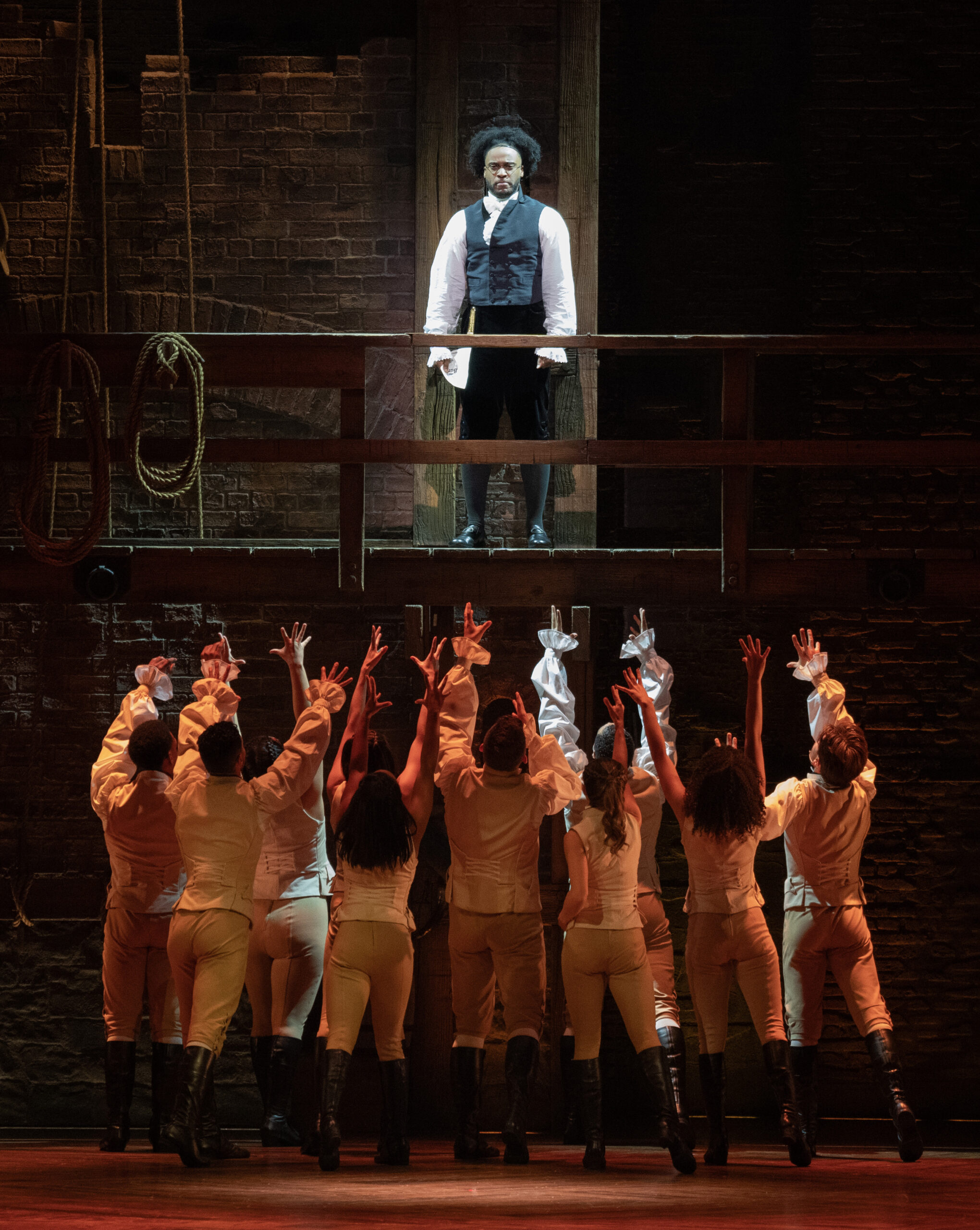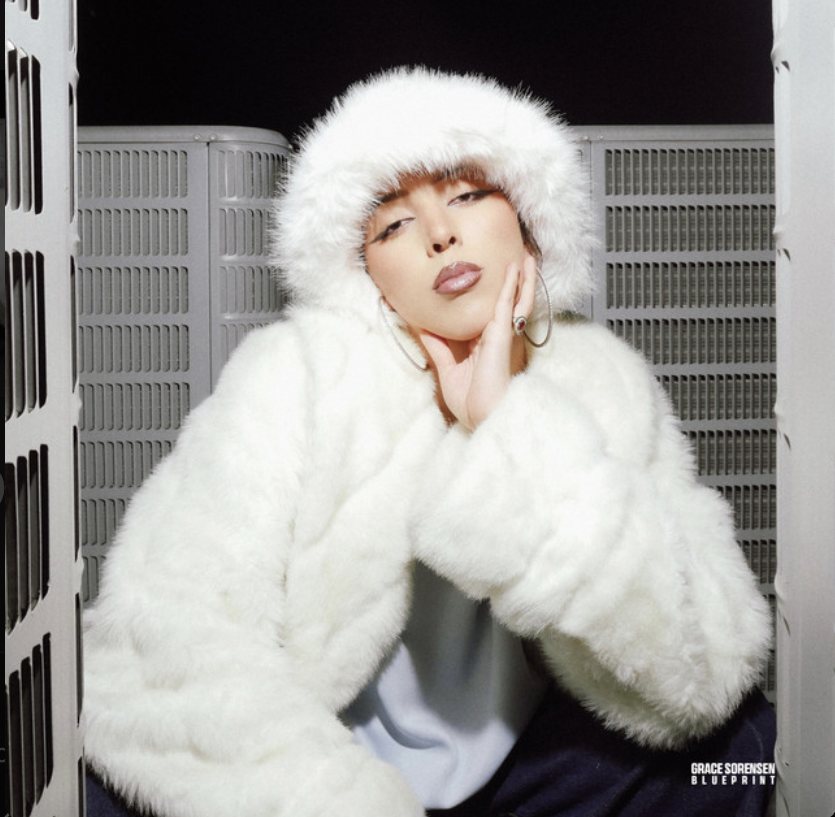Having just premiered at the 2023 SXSW Film Festival, Agniia Galdanova’s documentary “QUEENDOM” is a raw, emotional journey that chronicles the life of Gena Marvin. As explained in the official film synopsis, the documentary follows the life of, “Gena, a queer artist from a small town in Russia, [who] dresses in otherworldly costumes made from junk and tape, and protests the government on the streets of Moscow.” Gena also does this in other cities, such as Magadan, “a frigid outpost of the Soviet gulag” where she grew up with her grandparents.
From the very beginning of the film, I was astounded by Gena’s unfaltering courage and determination. Gena never stands down or stops fighting for what she believes in, despite the onslaught of verbal and physical abuse. One of the earliest scenes of the documentary shows Gena and a friend being kicked out of a market because of Gena’s attire. Even in these moments, Gena stands her ground, walks with confidence, and remains regal and collected, like a true queen.
Indeed, Gena is a queenly, regal presence throughout the documentary. Part of her attire always consists of elaborate headwear that instantly gives the impression of a crown to me, one that Gena creates herself and wears with pride.
Through such art and handmade attire, the film synopsis explains that Gena, “wants to change people’s perception of beauty and queerness and bring attention to the harassment of the LGBTQ+ community. The performances – often dark, strange, evocative, and queer at their core – are a manifestation of Gena’s subconscious.” Gena does these performances in both Magadan and Moscow in various public locations. She persists and perseveres despite people constantly harassing her by taking close-up photos, hurling offensive slurs or even touching Gena and violating her personal space. Much of this harassment is born out of a pervasive toxic masculinity, one that Gena is combatting.
Viewers also follow Gena’s navigation through other life struggles, such as getting her grandparents to understand who she truly is and why she is doing all of this. As Galdanova states in a director’s Q&A, “at the core of the film is Gena’s relationship with her grandparents, who love her even though they disapprove of how she expresses herself or even who she loves. It is a clash of generations that many can relate to and understand.”
One such clash is Gena’s grandparents’ insistence on a more “traditional” life composed of getting an education and starting a family. They resist the idea that such a life is not for everyone, and that Gena wants to lead her life differently. Time and time again people tell Gena to be normal, be normal. But Gena challenges them and asks, what is normal? What does it mean to be “normal” and to live a “normal” existence? Who decides what this looks like? Is it not every individual’s choice to decide what feels most normal, most natural for themselves?
Gena faces a lot of darkness and pain throughout her life and the documentary’s events. But what’s awe-inspiring and beautiful about Gena is that she takes this darkness, this pain, and creates art with it. She revolutionizes with it. And she’s not alone. Despite the plethora of antagonists, viewers see that Gena also has a community of friends and people who love and support her. This community is also on social media, where Galdanova shows us the outpour of love and companionship for Gena from people around the globe.
“QUEENDOM” was in production from 2019 to 2023. Of course, the Russian invasion of Ukraine in 2022 occurred during that time. Given that the documentary largely takes place in Russia, and given that Gena was born and raised in Russia, this invasion inevitably affects Gena and countless other lives. Galdanova addresses the effects of the war in the film. The team risks danger by actively documenting anti-war protests in Russia.
Gena participates in these anti-war protests by using her art as a form of protest. She creates political performances with handmade attire and bravely protests in public in Moscow. As with other anti-war protestors, Gena is quickly arrested for daring to speak against Russia’s invasion of Ukraine. Even upon her release from detainment, Gena is not safe. She struggles to find a way out of Russia before she is drafted into the war. Gena eventually flees to Paris, making the incredibly difficult choice to leave her grandparents, friends, and her home.
This is the beauty of “QUEENDOM”. Despite all the horrors and tribulations she has endured, Gena shows us how to persist, how to be brave and how to stay true to ourselves. She uses her art to make a meaningful impact on the world. And Galdanova likewise uses her artistry to show the intersectionality of different movements. For example, Gena’s performances simultaneously advocate for LGBTQ+ rights, as well as an end to war and violence.
Overall, “QUEENDOM” calls for a future in which all violence ceases – violence against entire nations and violence against individuals alike. This documentary imagines a world in which everyone can safely be their true selves in every setting. People like Gena are the ones paving the way for this future by risking their lives and protesting in the present. I highly recommend everyone watch “QUEENDOM,” because this documentary is an emotional, educational and impactful experience.











